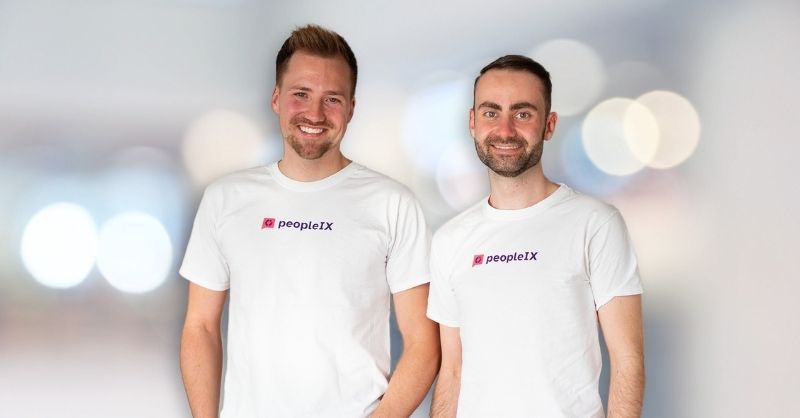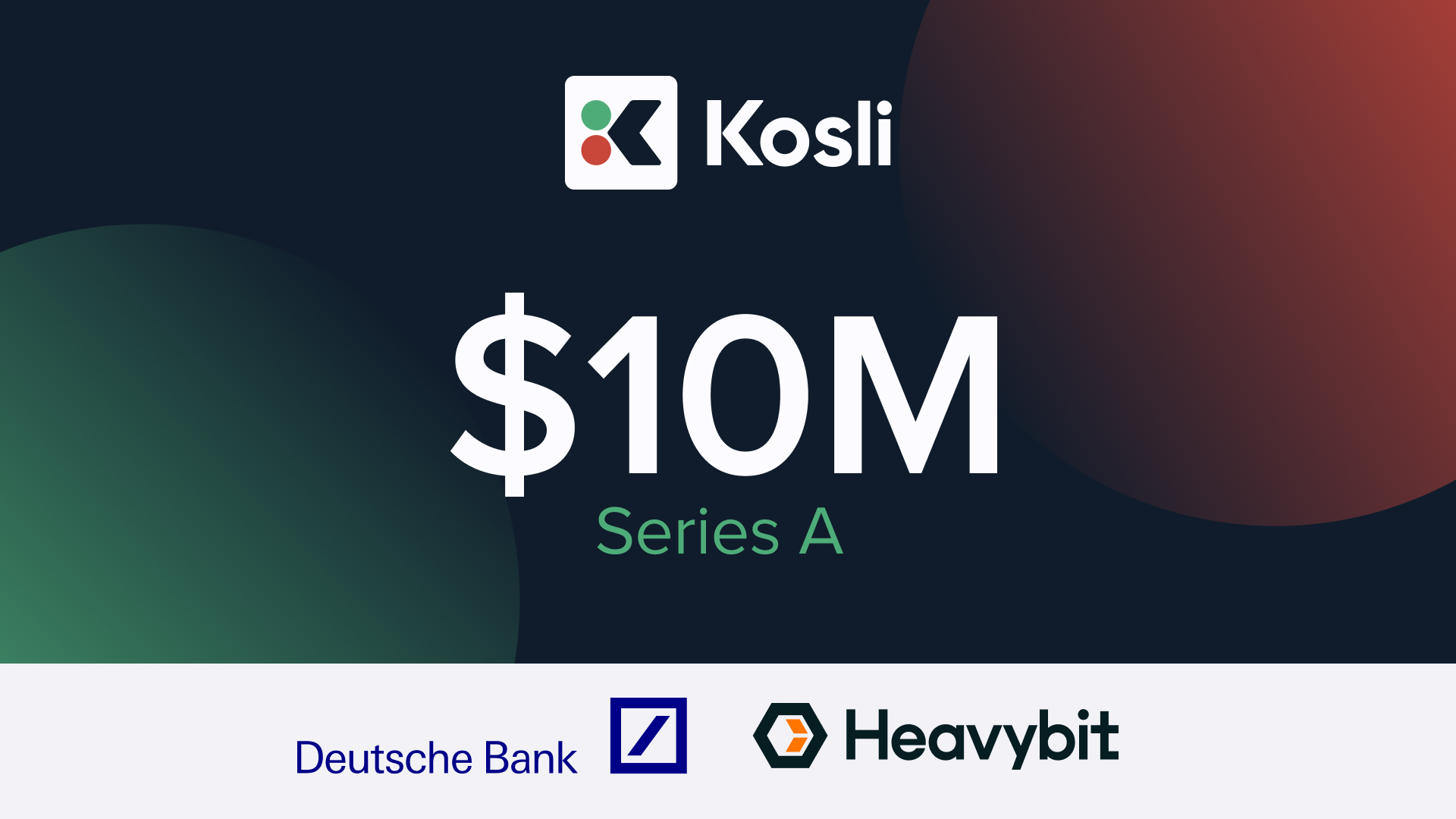Key Takeaways:
I. Decart's AI infrastructure optimization software reduces operational costs by up to 400x.
II. Oasis, Decart's 'open world' AI platform, demonstrates the potential of real-time generative AI for creating immersive interactive experiences.
III. Decart's rapid growth, profitability, and strong investor backing position it as a key player in the evolving AI landscape.
Emerging from stealth mode just two months ago, Decart, an AI startup co-founded by Dean Leitersdorf and Moshe Shalev, has rapidly garnered attention and investment. With a fresh $32 million Series A funding round led by Benchmark, following a $21 million seed round from Sequoia and Zeev Ventures, Decart's valuation now soars past $500 million. This rapid ascent is fueled by their ambitious vision: to build a "fully vertically integrated AI research lab" alongside enterprise and consumer products. Their initial focus? AI infrastructure optimization, already generating millions in revenue, and the development of 'open world' AI applications, exemplified by their Minecraft-like game, Oasis, which boasts millions of players. Decart's bold gambit challenges established AI giants and positions them as a potential force for democratizing access to cutting-edge AI technology.
Decart's Infrastructure Play: Redefining AI Economics
Decart's initial product, an AI infrastructure optimization software, is already making waves in the industry. By streamlining GPU processes for training and inference workloads, the software drastically reduces operational costs, potentially by a factor of 400. This translates to bringing down the cost of running AI workloads from $100/hour to a mere 25 cents/hour, a game-changer for companies struggling with the high costs of AI development.
The technology behind this dramatic cost reduction lies in Decart's deep understanding of distributed systems and low-level performance optimization. Co-founders Dean Leitersdorf, with his PhD in computer science from the Technion, and Moshe Shalev, with his extensive experience leading AI operations for the IDF's 8200 intelligence unit, bring a wealth of expertise to the table. Their combined knowledge allows Decart to develop highly efficient algorithms and optimize resource utilization across the entire AI stack.
This focus on infrastructure optimization isn't just about cost savings; it's about democratizing access to AI. By making AI development more affordable, Decart empowers smaller companies, researchers, and independent developers to compete with larger, well-funded organizations. This leveling of the playing field has the potential to accelerate innovation and unlock new applications of AI across various industries.
Decart's early success with its infrastructure optimization software, generating millions in revenue and achieving profitability before even emerging from stealth mode, validates their approach and provides a strong foundation for future growth. This early profitability, coupled with significant investor interest, positions Decart to further invest in R&D and expand its offerings in the rapidly evolving AI landscape.
'Open Worlds': Decart's Vision for the Future of AI
While infrastructure optimization forms the bedrock of Decart's current business, their long-term vision extends to the development of 'open world' AI applications. These applications leverage generative AI to create dynamic, interactive virtual environments that respond to user input in real-time. This represents a significant departure from traditional game development and opens up a world of possibilities for immersive experiences.
Oasis, Decart's Minecraft-like game, serves as a compelling proof of concept for this 'open world' approach. Built using a transformer model, Oasis generates gameplay frame-by-frame, creating a dynamic and responsive experience unlike anything seen before. The platform's rapid acquisition of millions of players signals strong market interest and validates Decart's vision.
The potential applications of 'open world' AI extend far beyond gaming. Imagine immersive educational experiences, realistic training simulations, and collaborative virtual workspaces, all powered by real-time generative AI. Decart's technology could revolutionize how we learn, work, and interact in the digital age.
However, the development and deployment of 'open world' AI raise important ethical considerations. Issues such as data privacy, algorithmic bias, and the potential for misuse must be addressed proactively. Decart's future success will depend not only on its technological innovation but also on its commitment to responsible AI development.
Decart's Gambit: Challenging the AI Giants
Decart enters a highly competitive AI landscape, facing established giants like OpenAI, with its $11.3 billion in funding and $2.9 billion ARR from ChatGPT, and Anthropic, which has raised $8.75 billion and boasts a $664 million ARR for its API business. Despite these formidable competitors, Decart's $500 million+ valuation, achieved with significantly less funding, reflects strong investor confidence in its technology and vision.
Decart's focus on infrastructure optimization provides a crucial differentiator in this competitive market. While other companies focus primarily on developing AI models, Decart addresses the fundamental challenge of making AI development more efficient and accessible. This strategic approach, combined with their innovative 'open world' AI applications and the founders' ambitious goal of building a "kilocorn," positions Decart as a potential disruptor in the AI industry. Furthermore, the acquisition of Run:ai by Nvidia for $700 million demonstrates the growing market value of AI infrastructure optimization solutions, further validating Decart's strategic direction.
The Future of AI: Decart's Vision for a Democratized Landscape
Decart's journey is just beginning, but their early success and ambitious vision paint a compelling picture of the future of AI. By focusing on the crucial but often overlooked area of infrastructure optimization, Decart is not just building a company; they are building a foundation for a more accessible and democratic AI landscape. Their commitment to 'open world' AI applications further expands the possibilities of what AI can achieve, promising a future where immersive interactive experiences are not just a novelty but an integral part of how we learn, work, and interact with the digital world. The challenges ahead are significant, but Decart's innovative technology, strong leadership, and unwavering ambition position them to play a pivotal role in shaping the future of AI.
----------
Further Reads
I. Deep Learning GPU Benchmarks: Top Performers in 2024 - SQream
III. AI Infrastructure Market - Companies, Size, Forecast & Share









